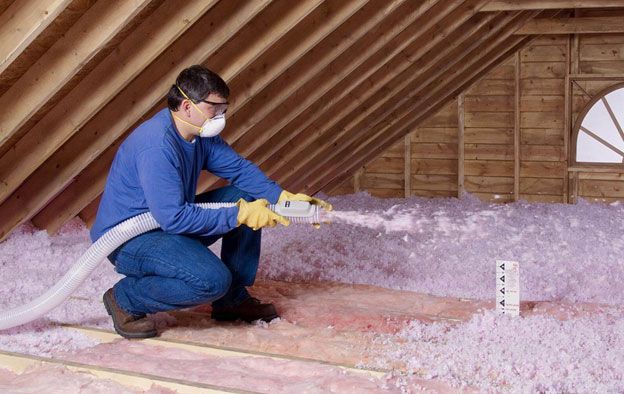In the realm of construction materials, fire safety is of paramount importance. Architects, builders, and homeowners alike seek materials that not only offer durability and versatility but also possess fire-resistant properties. One such material that has gained significant attention is PVC foam board. In this blog post, we will delve into the question: Is PVC foam board fireproof? Through a meticulous examination of its composition, manufacturing process, and fire-resistant characteristics, we aim to provide a comprehensive analysis of this topic.
- Understanding PVC Foam Board:
PVC foam board, also known as expanded PVC or foamex, is a lightweight and rigid material widely used in various industries, including construction, advertising, and signage. Composed of polyvinyl chloride (PVC) and foaming agents, it exhibits exceptional strength, moisture resistance, and versatility. - The Manufacturing Process:
To comprehend the fireproof properties of PVC foam board, it is crucial to understand its manufacturing process. The foam board is produced by extruding a mixture of PVC resin, foaming agents, and additives through a die. The resulting sheet is then cooled and cut into desired sizes. This manufacturing process plays a vital role in determining the material's fire-resistant characteristics. - Fire Resistance of PVC Foam Board:
While PVC foam board is not inherently fireproof, it possesses inherent fire-resistant properties that make it a suitable choice for various applications. The key lies in the inclusion of fire retardant additives during the manufacturing process. These additives act as a barrier, delaying the spread of flames and reducing the release of toxic gases. - Fire Performance Testing:
To evaluate the fire resistance of PVC foam board, it undergoes rigorous fire performance testing. These tests measure parameters such as ignition resistance, flame spread, smoke generation, and heat release rate. PVC foam board that meets specific fire safety standards, such as Class A or Class B, is considered highly fire-resistant. - Applications and Benefits:
The fire-resistant properties of PVC foam board make it an ideal choice for a wide range of applications. In the construction industry, it is used for wall cladding, false ceilings, and insulation purposes. Its low thermal conductivity and self-extinguishing properties enhance overall fire safety. Additionally, PVC foam board finds applications in the advertising and signage industry, where fire safety regulations are of utmost importance.
Conclusion:
In conclusion, while PVC foam board is not entirely fireproof, it exhibits significant fire-resistant properties due to the inclusion of fire retardant additives during the manufacturing process. Its ability to delay flame spread, reduce toxic gas release, and meet fire safety standards makes it a reliable choice for various industries. Architects, builders, and homeowners can confidently incorporate PVC foam board into their projects, knowing that it contributes to overall fire safety measures.

